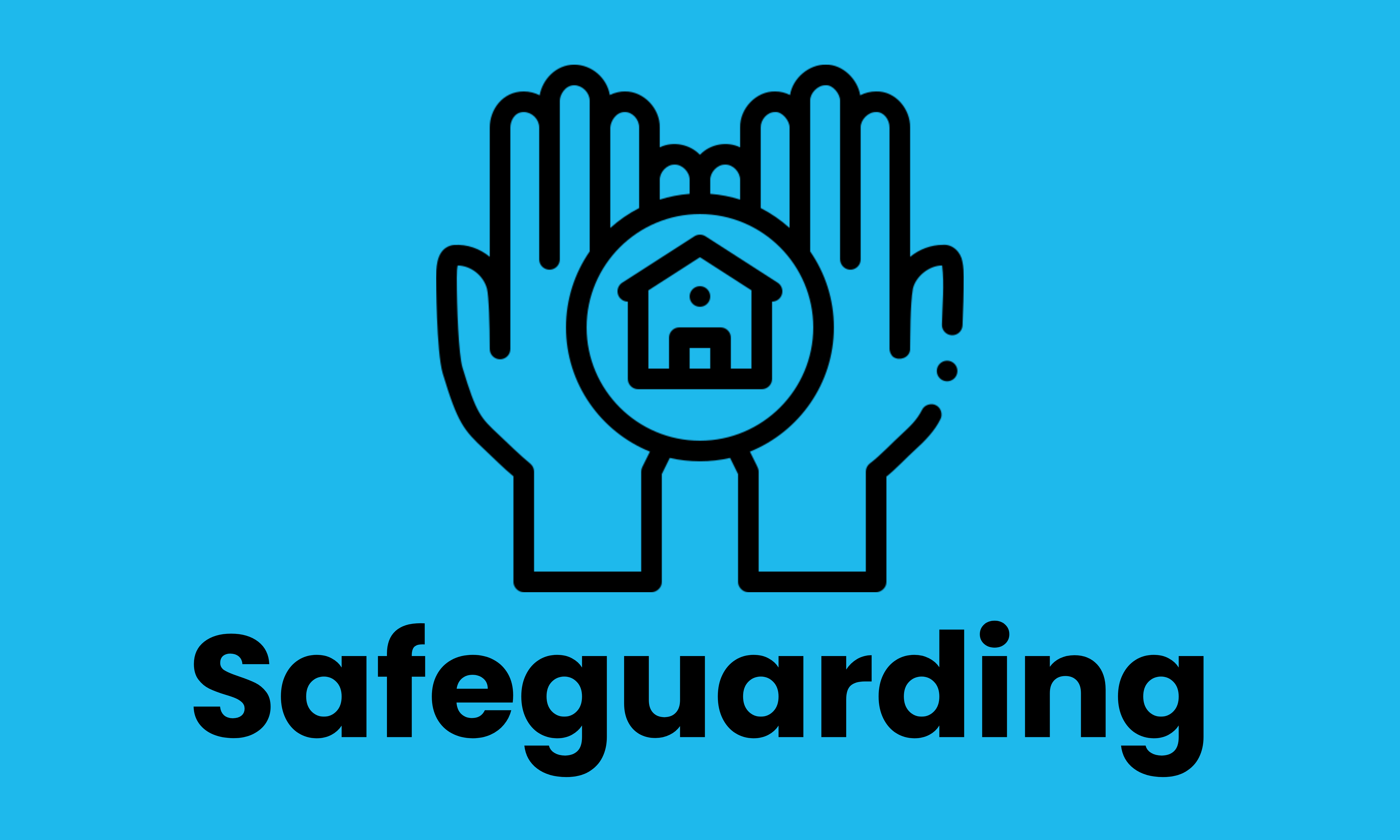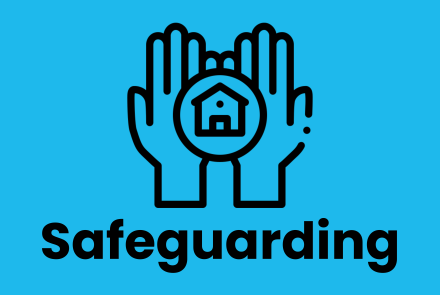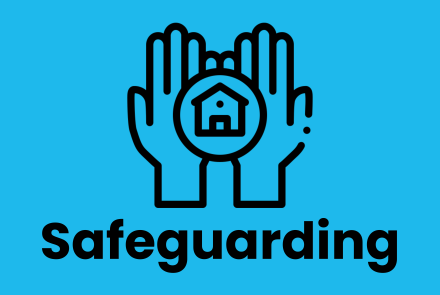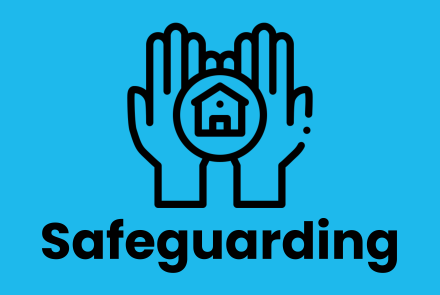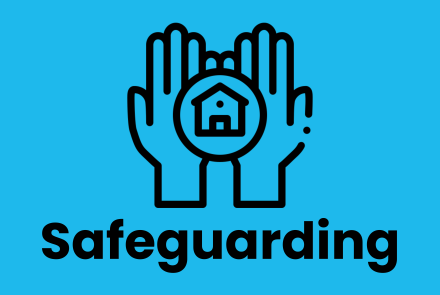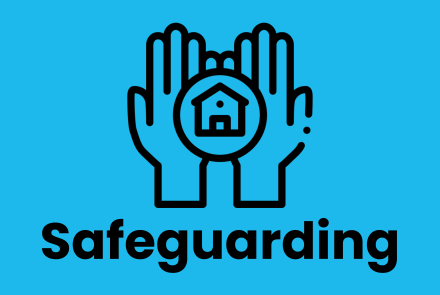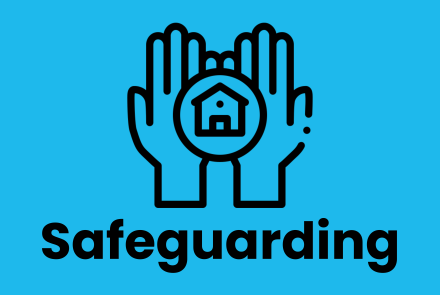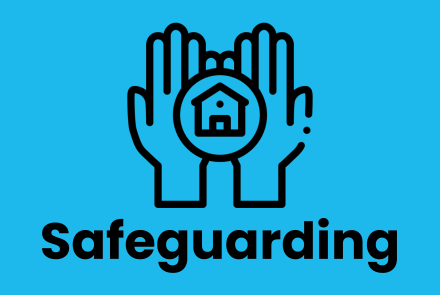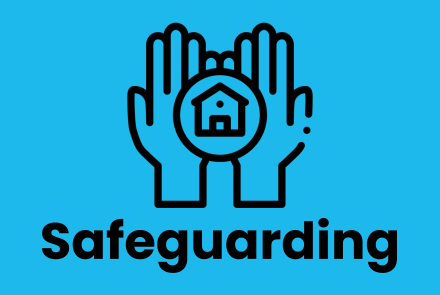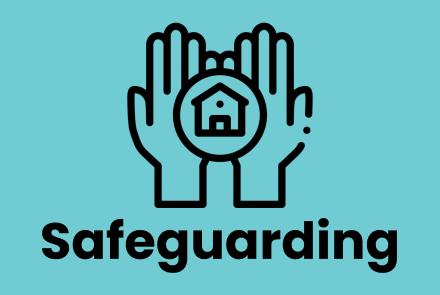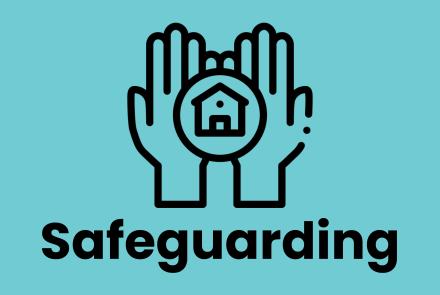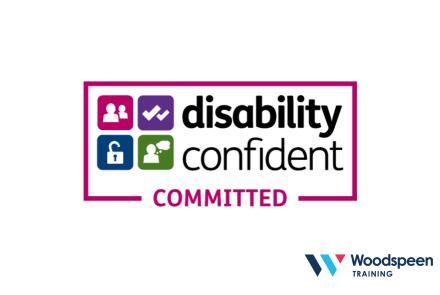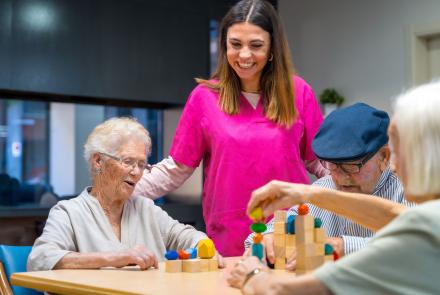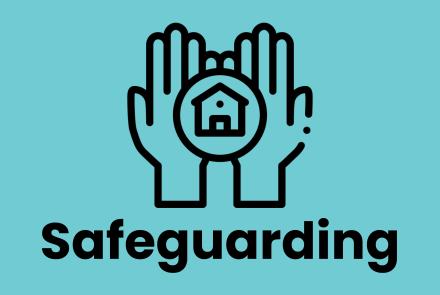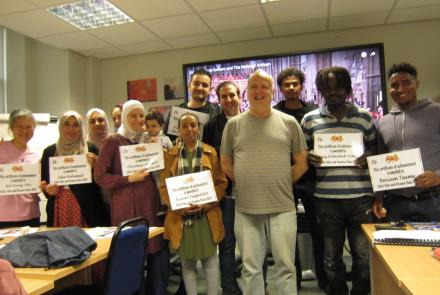Monthly safeguarding bulletin - December 2024
Christmas can be a hard time
Christmas can be difficult for anyone, at any point in their life
You might be struggling this year for the first time. Or you may have found Christmas difficult in the past, and you're dreading it again this year.
You may also enjoy Christmas, but not be able to celebrate it how you'd like to.
Or you might find some parts enjoyable, but other parts stressful.
Christmas can feel tough, and may affect your mental health:
Learn how Christmas might affect your mental health.
Covering a range of issues from money worries and practical issues to loneliness, difficult situations and relationships and more, find tips on how to cope with Christmas stresses and ways to support someone else.
Anxiety
What is anxiety?
Anxiety is what we feel when we are worried, tense or afraid – particularly about things that are about to happen, or which we think could happen in the future.
Anxiety is a natural human response when we feel that we are under threat. It can be experienced through our thoughts, feelings and physical sensations.
Anxiety feels different for everyone and can be mild to severe in how it impacts a person, it can be day to day or happen in phrases.
What are the statistics for anxiety in 2024?
In 2024, 43% of adults say they feel more anxious than they did the previous year, up from 37% in 2023 and 32% in 2022. Adults are particularly anxious about current events, especially the economy (77%).
When is anxiety a mental health problem?
Anxiety can become a mental health problem if it impacts your ability to live your life as fully as you want to. For example, it may be a problem if:
- Your feelings of anxiety are very strong or last for a long time
- Your fears or worries are out of proportion to the situation
- You avoid situations that might cause you to feel anxious
- Your worries feel very distressing or are hard to control
- You regularly experience symptoms of anxiety, which could include panic attacks
- You find it hard to go about your everyday life or do things you enjoy
If your symptoms fit a particular set of medical criteria then you might be diagnosed with a particular anxiety disorder. But it is also possible to experience problems with anxiety without having a specific diagnosis.
Effects of anxiety on your body- these can include:
- A churning feeling in your stomach
- Feeling light-headed or dizzy
- Having panic attacks
- Feeling restless or unable to sit still
- Headaches, backache or other aches and pains
- Faster breathing
- A fast, thumping or irregular heartbeat
- Sleep problems, grinding your teeth especially at night
- Nausea (feeling sick)
- Needing the toilet more or less often
Effects of anxiety on your mind - these can include:
- Feeling tense, nervous or unable to relax
- Having a sense of dread, or fearing the worst
- Feeling like you can't stop worrying, or that bad things will happen if you stop worrying
- Worrying about anxiety itself, for example worrying about when panic attacks might happen
- Worrying that you're losing touch with reality
- Low mood and depression
Ways to help you cope with anxiety
It can be helpful to try different ways of addressing anxiety and these worries. For example, you could:
- Set aside a specific time to focus on your worries – so you can reassure yourself you haven't forgotten to think about them. Some people find it helps to set a time to reflect and help manage anxiety
- Write down your worries and keep them in a particular place – for example, you could write them in a notebook journal, or on pieces of paper you put in an envelope or jar
- Access professional counselling therapy for anxiety, to explore causes of these feelings, understand them and suggest ways with coping mechanisms to help
Breathing exercises can help you cope and feel more in control. You can find some suggestions on the Mind website on relaxation techniques, as well as some tips on breathing exercises for stress.
Peer support brings together people who have had similar experiences to support each other. Many people find it helps them to share ideas, about how to stay well, connect with others and feel less alone. You could:
- Contact a specialist organisation. For example, you can find details of support groups, forums and helplines on the Anxiety Care UK, Anxiety UK, No More Panic, No Panic and Triumph Over Phobia UK websites
For more information, help and support, speaking to someone can relieve some of your anxiety. Please visit the Mind link below, who offer free confidential support.
Anxiety and panic attacks - Mind
Stalking and harassment
Stalking and harassment is when someone repeatedly behaves in a way that makes you feel scared, distressed or threatened. If this unwanted behaviour happens two times or more, it may be a crime.
If someone has behaved towards you in a way that's made you feel scared, distressed or threatened and it's happened once it could be antisocial behaviour, hate crime or another offence.
Both stalking and harassment are offences under the Protection from Harassment Act 1997. They're crimes taken very seriously and we're here for you if this is something you're experiencing.
Stalking and harassment are very similar offences. Don't worry if you're not sure whether you're being stalked or harassed.
Harassment
Harassment may include:
- Sending abusive text messages or images
- Posting abusive messages on social media
- Neighbour disputes that involve abusive behaviour or damage to property
- Repeated antisocial behaviour
- Making unwanted or offensive phone calls
It's harassment if the unwanted behaviour has happened two times or more and made you feel distressed or threatened.
Stalking
Stalking is a form of harassment, but the stalker will have an obsession with the person they're targeting and their repeated, unwanted behaviour can make the victim feel distressed or scared.
Stalking may include:
- Following someone
- Going uninvited to their home
- Hanging around somewhere they know the person often visits
- Watching or spying on someone
- Identity theft (signing-up to services, buying things in someone's name)
- Writing or posting online about someone if it's unwanted or the person doesn't know
It's stalking if the unwanted behaviour has happened two times or more and made you feel scared, distressed or threatened.
Online stalking or harassment
Online stalking or harassment is when someone monitors, stalks, harasses, threatens, controls or impersonates another person using the internet or other technology.
Online stalking or harassment may include:
- Monitoring someone’s internet use, email or other electronic communication
- Cyber flashing
- Getting access to someone's email and social media accounts
- Spamming and sending viruses
- Stealing someone's identity
- Threatening to share private information, photographs, copies of messages
- Adding tracking software to someone's devices
It's online stalking or harassment if the unwanted behaviour has happened two times or more and made you feel scared, distressed or threatened.
The impact of stalking and harassment
The unwanted, repeated attention can have a serious impact on your physical or mental health, as well as your day-to-day life. Some people who have been stalked or harassed have had to make changes to their daily lives; some have changed jobs or moved house.
It's important that you get the support you need if this is something you're experiencing. If you're not ready to report to the police at Report it to us that's OK, there are other organisations that can give you advice and help.
Or contact your workplace safeguarding team or Woodspeen Training/JTM safeguarding team, contacts below.
Sextortion
There is a significant rise in so-called ‘sextortion’ crimes against children and young people by criminals utilising AI technology to transpose innocent images into sexually explicit photographs and videos. These are then used to blackmail the innocent victim.
What Is ‘Sextortion’?
Globally, there has been an increase in reporting of young people and adults being forced into paying money or meeting another financial demand (such as purchasing a pre-paid gift card) after an offender has threatened to release sexual/indecent images of them. This is called ‘Financially Motivated Sexual Extortion’, a type of online blackmail often referred to as ‘sextortion’.
Victims of any age are potential targets, however teenage males aged 14-17 and male adults aged 18-30 are particularly at risk.
This crime is usually carried out by organised criminal gangs, often based overseas, who are typically motivated by financial gain.
What it looks like?
You may be:
- Contacted by an online account you don’t know, or a hacked account of someone you do know where the communication feels unfamiliar
- Quickly engaged in sexually explicit communications, which may include the offender sharing an image first
- Moved from a chat on social media, an online platform or game to a private platform such as an end-to-end encrypted messaging app.
- Manipulated or pressured into taking nude or semi-nude photos or videos
- Told you have been hacked and the offender has access to your images, personal information and contacts (whether this is true or not)
- Blackmailed into sending money or meeting another financial demand (such as purchasing a pre-paid gift card) after sharing an image, or the offender sharing hacked or digitally manipulated/AI-generated images of you to make the threat of sharing them wider
- Ways to protect yourself and your family
- Review your privacy settings and make sure you have the highest level of privacy on your accounts so that people you don’t know can’t contact you or see your friends/followers
- Be aware of the warning signs of an online blackmail attempt. If you are contacted by someone you don’t know or an account you do not and the conversation seems out of character (for example, it quickly becomes sexually explicit), end it and block them. Take a look at NCSC’s advice on spotting and reporting fake accounts
- If you are a parent, have frequent, open and non-judgemental conversations with your child about relationships, sex and being online to build trust. Make them aware of the reporting routes available so that you can support them if something happens to them online. Find out more about how to do this on the CEOP Education website
What to Do If a Young Person Is Targeted
If a young person in your care is a victim of sextortion, it is crucial to:
- Reassure them that they are not alone and are not at fault. at fault
- Remain calm and avoid responding in a way that might make them more fearful
- Ignore the perpetrator’s demands and do not pay
- End all communication with the perpetrator and block them on all platforms
- Take screenshots of any written evidence of the blackmail. Remember: You should never screenshot or share a sexualised photo or video of a child. Instead, protect yourself by reporting it immediately to the police and the Internet Watch Foundation
- Contact the police immediately
- Report the individual to the relevant online platforms
- Support the young person, as the psychological impact can be significant. Consider a suicide prevention plan even if the young person seems resilient
For more information and advice about what to do if you are a victim of sextortion Safeguarding Alert: Sextortion and the Rise of AI - Ineqe Safeguarding Group.
For further information and advice about staying safe online click onto the INEQE website About - Ineqe Safeguarding Group or sign up to their month newsletter Safeguarding Hub - Ineqe Safeguarding Group.
Prevent
The current UK national terrorist threat level is ‘substantial’, which is defined as ‘an attack is likely’. This level has been unchanged since February 2022 and is set by the Joint Terrorism Analysis Centre and the Security Service (MI5).
The threat to Northern Ireland from Northern Ireland-related terrorism is ‘severe’, which is defined as ‘an attack is highly likely’.
For more information: https://www.gov.uk/terrorism-national-emergency
Dangerous extreme right-wing terrorist jailed
A man who encouraged terrorism and espoused extreme right-wing views has been sentenced for terrorism offences, following an investigation by Counter Terrorism Policing South East (CTPSE).
24 year old Gabriel Budasz, of Weston-Super-Mare, was sentenced in October to an extended sentence comprising of 12 years’ imprisonment and three years on licence. Budasz will also be subject to a Part 4 Terrorism Notification Order following his release from prison.
Budasz had already pleaded guilty during a hearing in December 2023 to six counts of possession of information of a kind likely to be useful to a person committing or preparing an act of terrorism, contrary to the Terrorism Act 2000. These offences related to the possession of a video and documents discovered during a previous search of Budasz’s home. Various items of an extreme right wing nature including books, masks and memorabilia were seized, along with a 3D printed firearm, Budasz’s mobile and computer devices.
From examining the devices, officers uncovered that Budasz had sent a video relating to the making of an explosive and an improvised explosive device, electronically on the Telegram app. He had also published statements online which encouraged terrorism.
Detective Chief Superintendent of CTPSE:
"Budasz spread hateful content online including racist, homophobic and anti-Semitic statements. He would have known how harmful spreading his extreme right-wing views would be. A video he sent online contained step-by-step instructions on how to make a viable bomb with readily available household items and had been extracted by Budasz from a longer video found online showing the mutilation and torture of a person. He had also used a 3D printer to print parts of a 3D gun and had been having conversations about how a viable gun could be manufactured. The kind of content Budasz made available online stirs up dangerous and extreme right-wing ideologies among those who access it, with all sorts of harm to communities in this country.”
For more information, please visit Counter Terrorism Police.
Top reported crimes for some of our regions
The following were the most commonly reported crimes to police during the month of September 2024:
Burton-upon-Trent
Violence and sexual offences - 117
Shoplifting - 27
Public Order - 20
Criminal damage and arson - 6
Preston
Violence and sexual offences - 63
Public Order - 21
Anti-social behaviour - 63
Shoplifting - 49
Nottingham
Violence and sexual offences - 218
Shoplifting - 136
Anti-social behaviour - 75
Other theft - 90
Statistics taken from Police
Safeguarding Team Contacts
Gina Stephens Lead DSL 07867 260276
Janine Ridley Deputy Lead DSL 07771 672491


